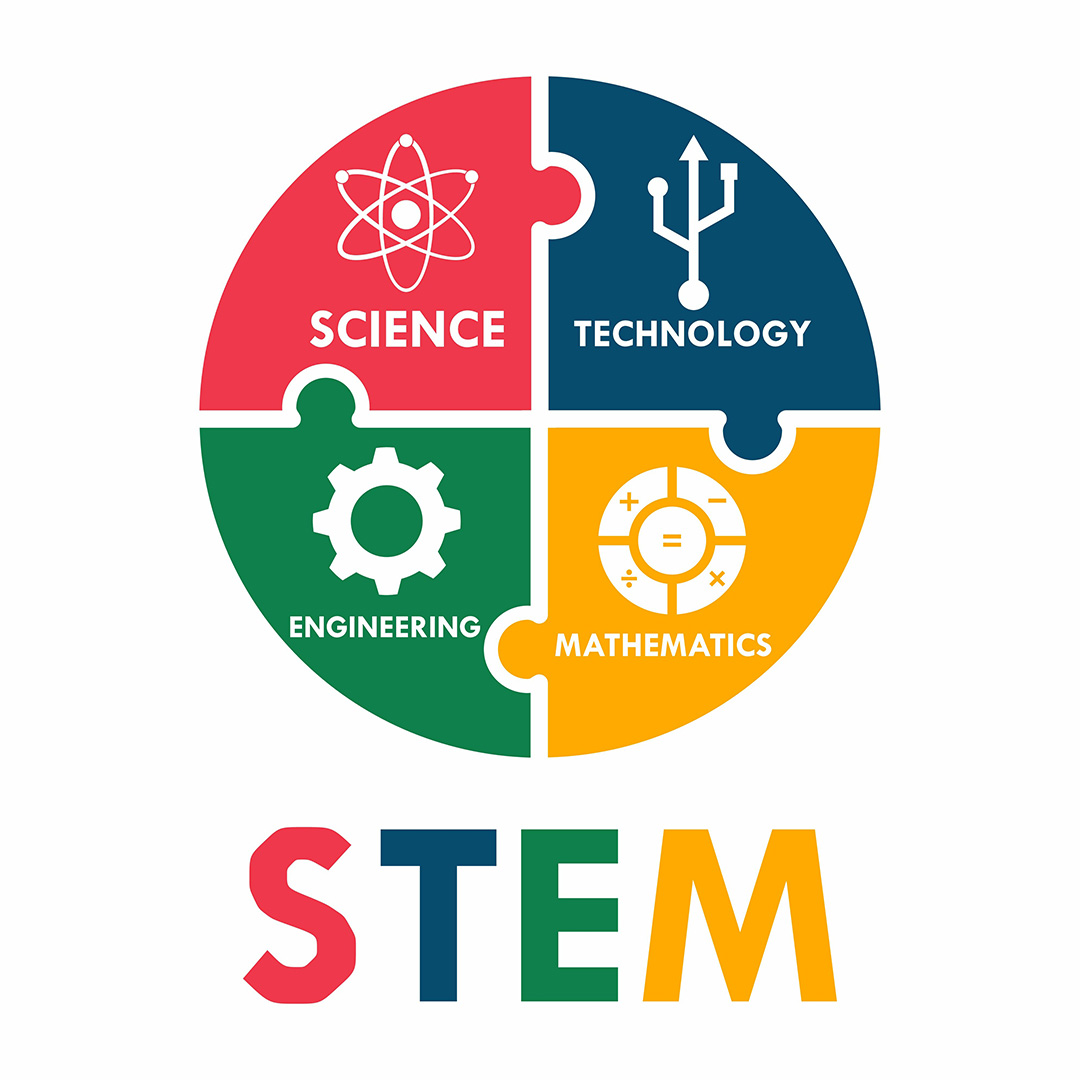 The Directorate for Stem Education of the National Science Foundation (NSF) has announced new award opportunities for FY 2023 and FY 2024 in two programs, Improving Undergraduate STEM Education (IUSE) and Experiential Learning for Emerging and Novel Technologies (ExLENT).T
The Directorate for Stem Education of the National Science Foundation (NSF) has announced new award opportunities for FY 2023 and FY 2024 in two programs, Improving Undergraduate STEM Education (IUSE) and Experiential Learning for Emerging and Novel Technologies (ExLENT).T
According to the June 13, 2023, “Dear Colleague Letter” (DCL Document number nsf23118), these efforts are intended to build on or leverage strong industry-academic partnerships to strengthen the semiconductor manufacturing workforce by advancing and supporting the development of a skilled STEM workforce in advanced memory manufacturing and/or semiconductor manufacturing and design. The goal is to meet the critical need to expand domestic “semiconductor research and development, design, and manufacturing” and fill the talent shortage in the domestic semiconductor industry through inclusive and equitable STEM education opportunities.
This is a cooperative activity between NSF and the Micron Foundation to stimulate transformative approaches to: (a) improve and impact education and training of the advanced memory manufacturing, microelectronics, and semiconductor workforce of the future; and (b) expand equitable opportunities and access to experiential learning programs in cleanrooms and other teaching laboratories.
Supported efforts
-
Create new and broaden access to existing programs, experiential learning activities, courses, curricula, and/or certificates;
-
Adapt and implement evidence-based instructional and inclusive practices;
-
Develop and/or integrate industry standards into programs of study and courses;
-
Foster skilled educators;
-
Investigate activities and factors associated with student performance.
Encouraged partnerships
This DCL aims to encourage partnerships among:
-
Companies;
-
State, local, and tribal government offices;
-
Non-profits;
-
Schools;
-
Professional organizations;
-
Institutions of higher education (including two-year and minority serving institutions (MSIs).
Proposal submission
The DCL recommends submitting proposals through the two NSF programs that support education and workforce development efforts at institutions of higher education:
-
Improving Undergraduate STEM Education (IUSE) for advanced semiconductor manufacturing industry;
-
Experiential Learning for Emerging and Novel Technologies (ExLENT) program for advanced semiconductor manufacturing industry.
Possible response approaches
Possible approaches for responding to this opportunity that meet the requirements of the relevant programs (IUSE and ExLENT) are (but are not limited to):
-
To increase awareness and training opportunities through experiential education;
-
To increase the adaptation and implementation of evidence-based curricula and pedagogies in those fields, through training on curricula or pedagogy for faculty and/or secondary teachers, better integration, and encapsulation of curricula for sharing, broader dissemination networks, collaboration, and networking opportunities;
-
To align and incorporate industry, professional, and/or technical standards in teaching and learning and to incorporate career skills in training and education, thereby securing them to career pathways;
-
To integrate systematic approaches to advance inclusive and equitable STEM education practices;
-
To build the capacity for institutions’ rapid response to the changes in the STEM workforce; and,
-
To investigate student success in academia and/or in the workforces in semiconductors and/or associated fields.
Before proposal submission, prospective proposers are encouraged to discuss their ideas with relevant program. Proposals should be prepared and submitted in accordance with the requirements specified in the NSF Proposal & Award Policies & Procedures Guide (PAPPG) and also must adhere to the deadline dates and guidance specified in the program solicitation to which the proposal will be submitted.

